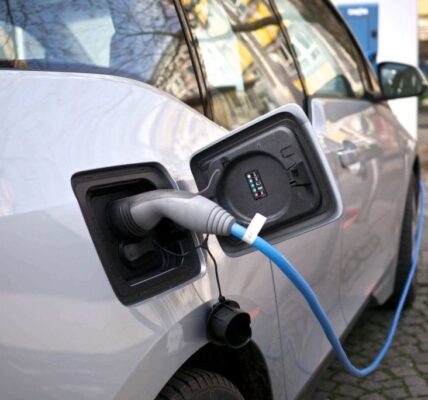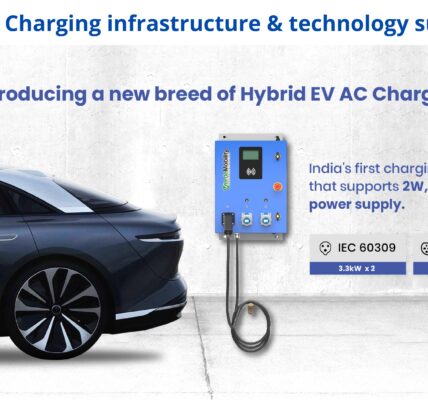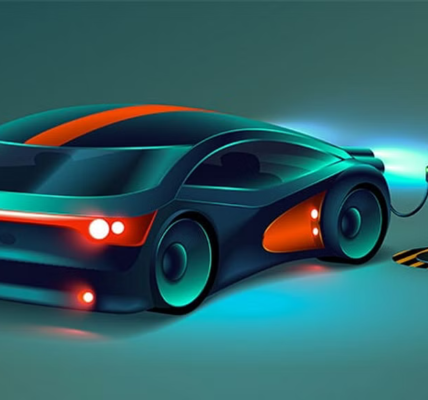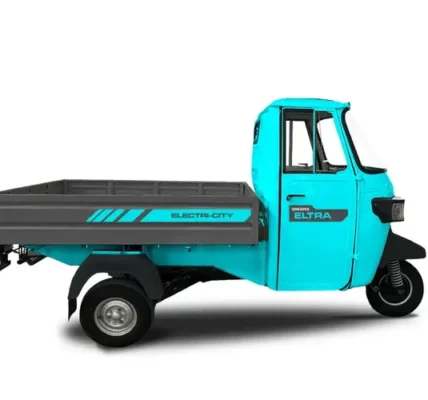India approved a production linked incentive (PLI) scheme with an outlay of ₹18,000 crore to promote manufacturing, export and storage of lithium-ion cells, essential for developing electric vehicles.
Through this scheme the Union government aims to install manufacturing capacity of 50 gigawatt hour (GWh) of Advanced Chemistry Cells (ACC) and 5GWh capacity of “Niche” ACC. ACCs are essentially lithium-ion cells.
Manufacturers would have to commit to set up a manufacturing facility of minimum capacity of 5GWh and ensure a minimum 60% domestic value addition within five years.
Subsequently the battery or cell manufacturer will have to achieve a domestic value addition of 25% and will have to show a minimum investment of ₹225 crore per GWh within two years and raise it to 60% domestic value addition within 5 years “either at the mother unit, in-case of an integrated unit, or at the project level, in-case of hub & spoke structure.”
The government is eyeing direct investment of around ₹45,000 crore from leading manufacturers Panasonic Corp., Toshiba Corp. and others. None of these global manufacturers have announced any such project in India till now. Home-grown Tata Chemicals Ltd has announced a lithium-ion cell manufacturing project in Gujarat. The government hopes to save ₹2-2.5 trillion on account of reduction in oil imports during the period of this programme, due to increased adoption of electric vehicles. The scheme is expected to accelerate adoption of zero-emission vehicles.
This will be path-breaking, if implemented successfully, since it aims to develop India as a hub for manufacturing of electric vehicles and related components in the coming decade. Through this initiative India also wants to reduce the dependence of the auto industry on China for major electric vehicle components and pitch itself as an alternative hub for manufacturing of zero-emission cars to global corporations. Lithium-ion cells are required for making batteries which power electric vehicles, laptops and smart phones. Hence, lithium is tipped to replace crude oil as the most important commodity for economic growth in the coming decade. Establishing a supply chain for lithium batteries has been one the major focus areas for the government, especially in light of deteriorating ties with China.
The government’s efforts to urge manufacturers to launch more electric vehicles in India have not resulted in substantial increase in sales of such vehicles. Sales of electric vehicles in the domestic market decreased by 19.9% to 236,802 units in FY21 as a result of the covid-19 induced economic slowdown. Sales of electric two-wheelers, stood at a paltry 143,837 units while the same for electric cars was just 4,588 units. Most manufacturers import critical parts of electric vehicles, like lithium-ion cells and electric motors from China in the absence of a proper ecosystem for developing such components. Auto industry experts and the government expect a substantial jump in volumes of electric three-wheelers and two-wheelers in the next five years due to narrowing price gap with combustion engine vehicles. Localization of cells and batteries will further bring down the cost of electric vehicles.








